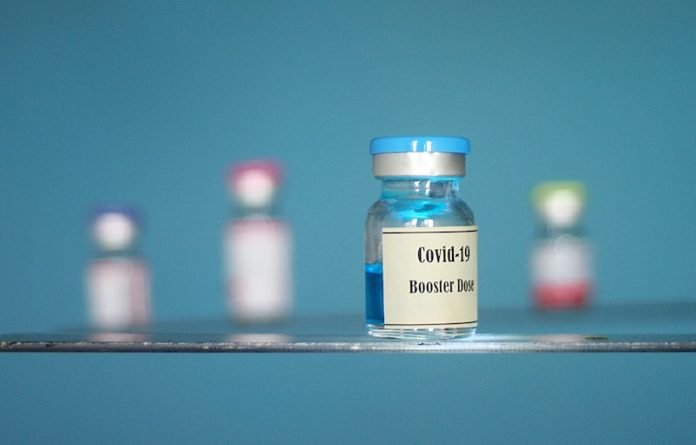
Epidemiologist and Professor Amira Roess answers frequently asked questions about the newest COVID booster shot.
In the United States, a new COVID-19 booster shot has been approved and recommended for people aged 12 and older.
This new booster, called a “bivalent” booster, was created to combat the original COVID strain and to protect against the newest omicron variants (BA.4 and BA.5).
Epidemiologist and Professor at George Mason University Dr. Amira Roess specializes in infectious diseases and answers frequently asked questions about the new COVID-19 booster shot.
Who should get the COVID-19 new booster?
Those aged 12 years and older who are eligible are encouraged to get the new bivalent booster. Eligibility is defined as being at least 2 months out from their last booster dose or from the initial primary series.
FDA has authorized two new boosters, one from Moderna and one from Pfizer. Visit the Centers for Disease Control website to find out if you are eligible.
The numbers are down, and less people seem to be getting COVID, so why should I get the new booster vaccine?
Disease modelers have been forecasting a surge in cases this fall and winter, in part due to the fact that we are moving into colder months when we will be indoors more and exposed to more viruses.
In addition, many individuals are losing their immunity against the virus. People were vaccinated or boosted many months ago, and many were in the spring or the summer.
This means that soon they will be at risk for (re)infection. Getting the new booster can help decrease your chance of getting infected and can dramatically decrease your chance of a severe infection if you are infected.
Another important note here is that we are significantly undercounting cases. Many of us are using home-based kits, and we are not reporting results to public health agencies.
Is now a good time to get boosted?
If you are eligible, yes. Now is a good time, and you should consider getting the new booster. We are hearing reports of children getting infected at school and infecting their household members.
We will likely see more cases in the coming weeks.
Eligible individuals who get the new booster can expect to have a lower chance of getting COVID-19, and if they do become infected, they will likely have a very mild case and shorter duration of illness.
This will cut down the chance of passing on the virus to others.
How soon after infection can I get the new booster?
General CDC guidance suggests you wait at least 3 months from the onset of symptoms or positive test. We can expect the CDC and White House to release guidance on this related to the booster in the coming weeks.
Why don’t we know more about the currently circulating COVID-19 variant?
The data, while preliminary, indicate that the currently circulating variant, BA.5, is the most immune evasive one that we have dealt with to date.
Individuals are getting reinfected with this variant at a greater rate compared to previously circulating variants.
In addition, we are seeing a segment of the population getting reinfected within 2 months of infection. Because BA.5 became dominant over the summer, there is still quite a bit that we don’t know.
The data do suggest that overall, among healthy individuals, severe illness, hospitalization, and death continue to be significantly lower following infection with this variant.
How do we deal with this moving forward?
First, if you are eligible for the new booster, consider getting it.
Next, try to stay home if you have symptoms, even if your rapid test is negative. We want to avoid infecting others, particularly those who are immune compromised or elderly.
If you test positive, isolate at home to the best of your ability. The CDC updated its guidelines to shorten the duration of isolation and quarantine.
Once you are out of isolation, continue to wear your mask when you are around others to further protect them.
The good news is that most healthy adults are not getting very sick. However, we do want to keep in mind that there are many immune-compromised individuals in our community who are at risk for severe illness should they get infected.
Written by Mary Cunningham, George Mason University.
If you care about COVID, please read studies about the cause of inflammation and clotting in severe COVID-19, and this plant extract may help treat COVID-19.
For more information about COVID, please see recent studies about drug duo that may cure COVID-19 , and results showing this existing drug can save damaged lungs in COVID-19.



